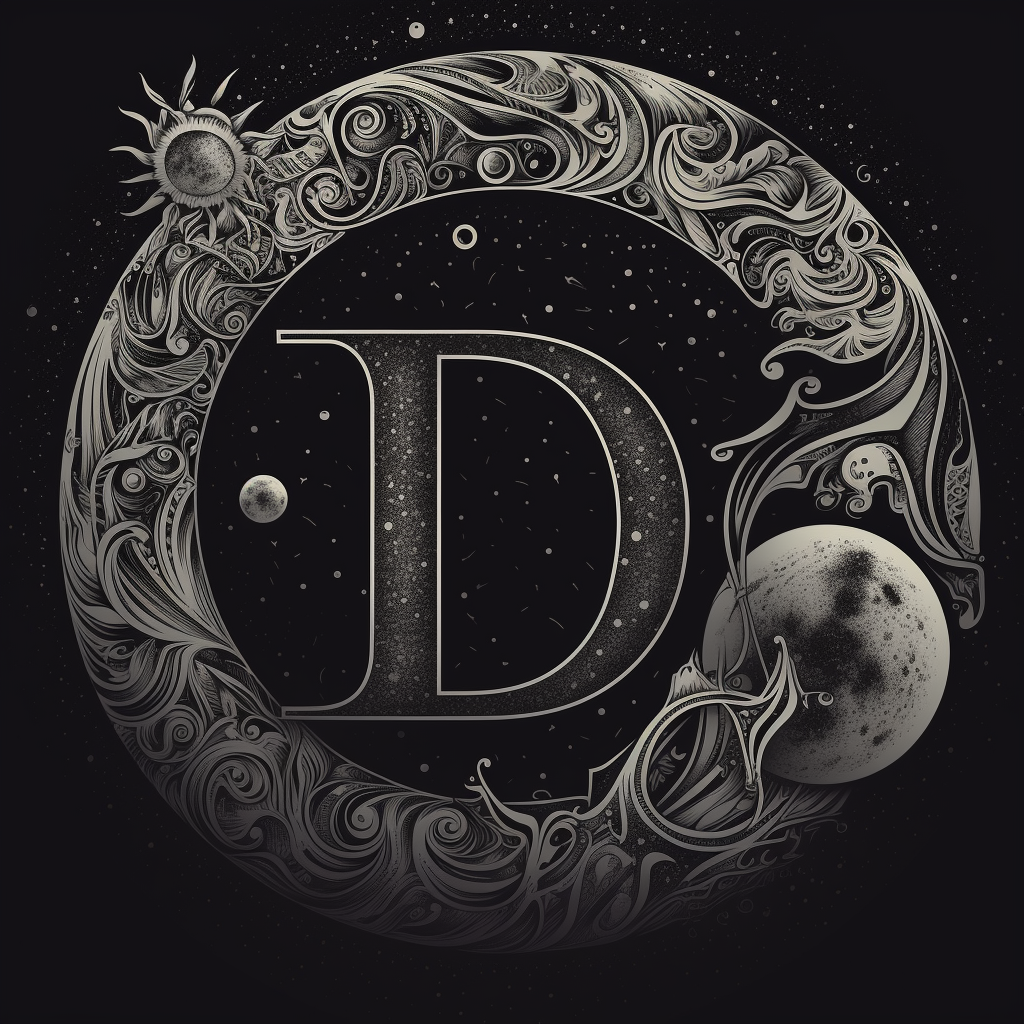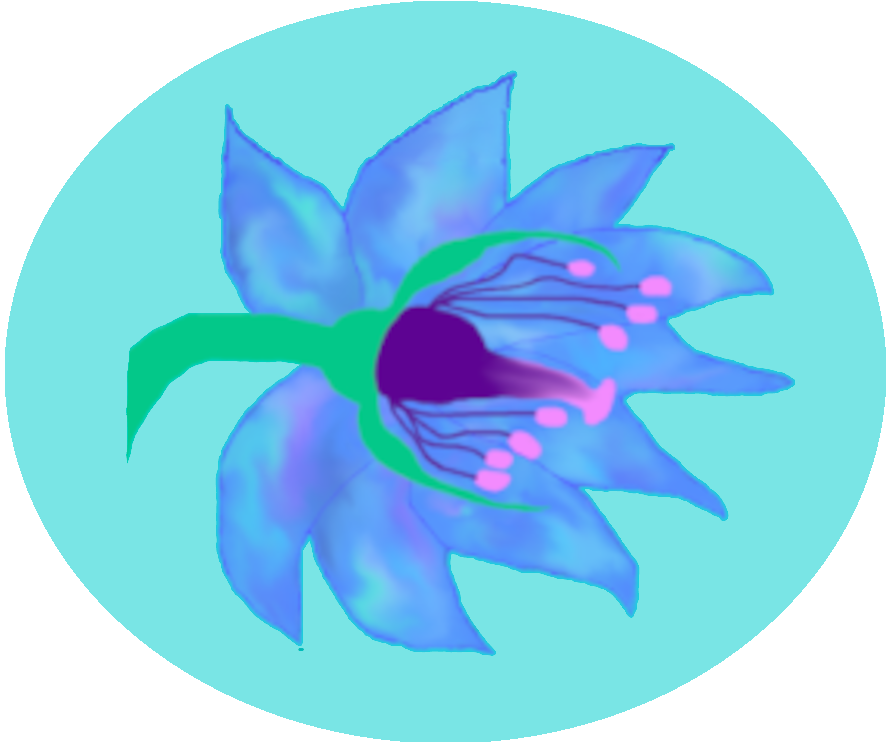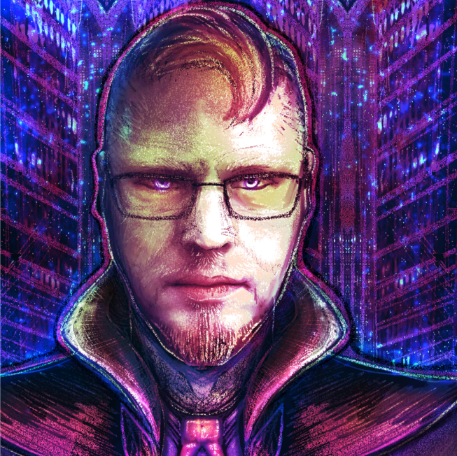Burnouts are often attributed to those "Magical Dark Ages" of lost settlements and knowledge. In
the Adrakian Empire, the dragon-god
Athtica had been recorded as trying to prevent such losses with her libraries and her
Great Library.
Mages from the Adrakian Empire are believed to have cause most of the
rifts and ravines carved across and scarring
Soplas and the
Theydim region in particular. For Soplas, the fall of the Adrakian Empire has the most recorded incidents of Burnout occurances. Burnouts occured at a declining rate as the regions settled into their eventual cultures.
Modern Day
In the modern day, Burnout occurs most often during combat and in dire situations. Military reports describe family being urged to leave a town to the defense of a singular mage, only for the family to return and see the town partially destroyed and their loved one as the epicenter of the damage.
Burnout, however, has always and still gives magic and those who use it a sense of constant danger, but some mages have used it to leave the ultimate insult to the situations where they are forced to Burnout in order to reach their goal or prevent others from their own goals.
Mage Burnout
Cause
The simplest description of the cause is
"Magic" as a mage must pull to use more magic than they are able to control in order to fall victim to Burnout.
The more complex answer is based on the memories fo people who were around the event and the observations from priests and mages who have focused their studies and focus to healing Burnout survivors. In general, there is a strong connection to a sense of desperation, a life threatening situation, a mage coming to the end of their ability to cast spells, and their souls.
Burnout survivors have scarred souls, preventing them form being resurrected from the dead - willingly or not. This damage is used for suggesting a theory the mage is taking their own life force, scarring the soul, and then channeling more magic than the body can handle in a single outburst.
Symptoms
Physical
Most Burnouts result in a dead mage. The method of death varies from incident to incident, but the most consistent result is a dead mage. Most of the incredibly small number who would otherwise survive, die as a result of the damage caused to their surroundings - falling into a ravine, having buildings or other rubble fall onto them, drowning, or burning as some examples.
Surviving mages are often chronicly weakened and at higher risk of illness.
Mental
Mages who survive a Burnout are generally incapable of casting magic at any strength. A smaller fraction of survivors can still cast magic, but usually they cannot cast at the same rate, strength, or ability of before their Burnout.
Contact with magic causes the mage a great deal of pain and could result in the mage having smaller Burnout events.
Divine
A mage who has Burned Out, will struggle with being healed magically and cannot be revived from the dead. They may also leave behind pieces of their soul for some time after the Burnout, though the time seems to vary from survivor to survivor.
Variances
Those who study Burnout have found two primary variances - Overreach and Life Energy Expenditure. Neither variant appears to make the process more survivable than the other.
Overreach
Overreach is classified as when a mage pulls for more magic than they can handle by somehow reaching into the
Plane of Magic and becoming a living open door for raw magic.
Life Energy Expenditure
Life Energy Expediture is classified as when a mage converts their own life energy into magic, which in turn allows for the mage to become a conduit for a greater source of magic, presumably the Plane of Magic.
Treatment
Physical
Healing generally has to be done with minimal magic, and with a greater likelihood of sickness, the mage often has to take greater care to keep themselves and their environment clean.
Mental
The loss of one's magical ability is often a catalyst for a mindset to fall into negative spirals, and becomes a secondary factor against the survivor's rate of recovery. Most survivors have some kind of support network, though the effectiveness of the network varies.
Divine
Divine magic also has to be applied with caution and care, as contact with magic can cause more harm than good.
Prevention
The greatest prevention is the constant awareness and care to avoid reaching the end of one's limits. Mages who study under a mentor mage have some oversight to help prevent Overreach classed Burnout in a controlled environment.
Life Energy Expediture classed Burnout is harder to prevent beyond helping mages learn their limits and recognize the ability as a last and fatal resort.
Cure
There is no cure.
There is a fraction of a fraction of a fraction of a change to come out of a Burnout "fine" - effectively unchanged health, no or minimal scarring of the soul, no loss of magical ability. This hypothetical chance has never been recorded, and is only hypothetical in the sense that the lack of record is not proof of an impossibility of total survival.
Related Conditions
"Physical Burnout"
A phenomenon with a high rate of survival and recovery success among nonmages is when a nonmage is put to an extreme and achieves some impossible feat of ability - a sudden supernatural strength to hold up a collapsing stone building, a burst of speed allowing for a person to pickup and rescue another from certain death as some examples.
However, the physical damage is greater and often results in permanent injury, for example, the person who help up the building may tear the muscles of their arms, back, and legs to a degree they can only hobble. It is possible to heal back a significant amount from the damage over time, but the process is often long and requires constant medical attention.
The reason the "Physical Burnout" is considered to be related because of two common symptoms - extreme pain at contact with magic, scarring on the soul. If the soul is repeatedly or sufficiently scarred, the "Physical Burnout" survivor could not be resurrected from the dead either.








Good article. Interesting that untrained "hedge wizards" may be more prone than the trained. And that they may be blocked from resurrections. Good condition for the prompt.
One of my players said the same about self-taught mages, so two people saying the same means I did pretty well in communicating that idea across. I'm also glad you thought the resurrection factor was interesting, because I want my players to consider that & ask questions.